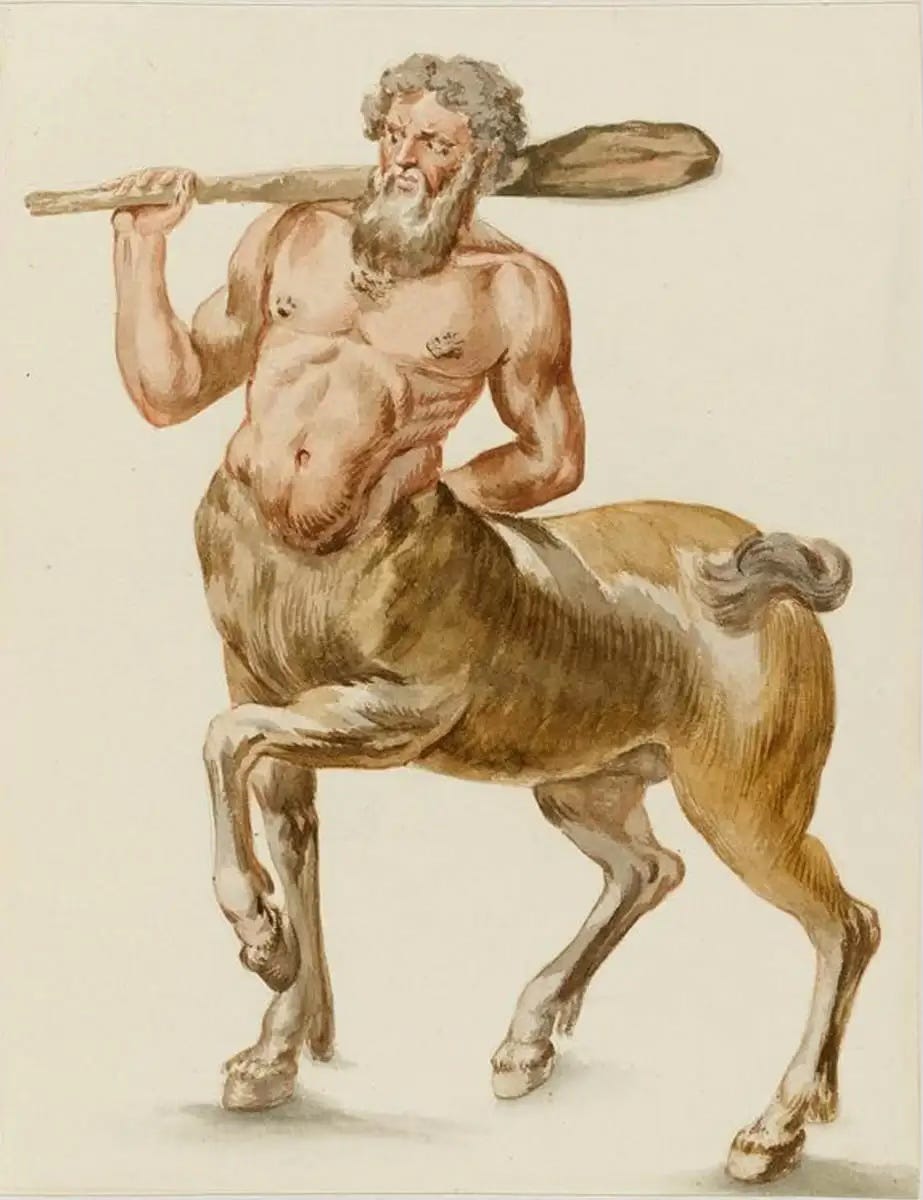Interesting industry blog post on Industry 5.0, an emerging business buzz phrase that speaks to how industry will merge AI, automation, and robotics with workers in the future.
My line remains the same: the centaur model of combining humans with advanced computing power (half carbon, half silicon) is the way forward. AI alone won’t beat my current production/insights/etc, but AI added to my thought processes and analysis will outperform both AI and my non-AI-aided self.
This is already very apparent to me.
AI-driven search engines like Perplexity take what would have been hours and even days of my work and turns them into minutes of new ideas being either confirmed and expanded versus dismissed or trimmed back. It’s like have the best research assistant in the world, someone who operates at warp speed, and, if the answers provided surprise or even shock, then Perplexity provides all the source documents for you to peruse as you see fit. It also tells you when there isn’t enough info out there to confirm or deny your idea, which is likewise incredibly helpful (intellectually, there is nothing sexier than discerning the cliff of known versus the abyss of unknown).
In short, I go from I wonder if … to … I know exactly (or far more closely) at a speed that’s amazing to this analyst who once spent months-bleeding-into-years wandering Widener Library at Harvard (one of the world’s finest research libraries), putting together the logic of my PhD dissertation. It just boggles my mind to think of how much faster and deeper I could have gone if I had been so armed back then.
There are, of course, always tradeoffs in skills accrued and skills abandoned, which, unsurprisingly, means our definitions of not just work but likewise of intelligence will be revamped. It is a fascinating time to be alive alright, but a baffling one for somebody starting out, I would imagine. There’s no clear dividing line between necessary versus nice-to-have skills.
So, before diving into this informative post, let’s review the previously identified generations of industry (courtesy of Perplexity):
Industry 1.0: The first industrial revolution, which began around 1760, was the transition to new manufacturing processes using water and steam power. This allowed for mechanization of production.
Industry 2.0: Also known as the second industrial revolution, this occurred in the late 19th century and early 20th century. It was characterized by the use of electric power to create mass production.
Industry 3.0: This began around 1970 and involved the use of electronics and IT (information technology) to further automate production through the use of programmable logic controllers (PLCs).
Industry 4.0: The current fourth industrial revolution, which started in the early 2000s, is characterized by the use of cyber-physical systems, the Internet of Things, cloud computing and cognitive computing to achieve a higher degree of automation and connectivity in manufacturing.
Industry 5.0: The search results indicate that Industry 5.0 is an emerging concept that aims to shift the focus from pure efficiency and productivity to a more human-centric, sustainable and resilient approach to industry. It is seen as a complement to Industry 4.0 that places the wellbeing of workers at the center of production.
Keep reading with a 7-day free trial
Subscribe to Thomas P.M. Barnett’s Global Throughlines to keep reading this post and get 7 days of free access to the full post archives.





